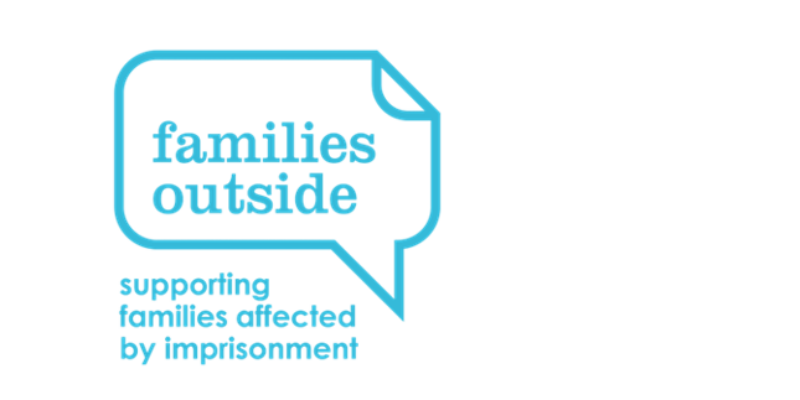
The impact of imprisonment on the health and wellbeing of families is, without doubt, considerable. The stress and worry alone of having a family member in prison can be detrimental to the health and wellbeing of family members, and that is before taking into account the wide-ranging challenges faced by families including issues with housing, financial concerns, family dynamics, lack of information, victimisation, media intrusion, and stigma. It is unsurprising therefore that research has shown links between imprisonment of a family member and poor health and wellbeing for the family (see for example, Turney 2021).
Children affected by imprisonment
The potential impacts of imprisonment on children are particularly concerning. Imprisonment of a household member is one of ten Adverse Childhood Experiences (ACEs) known to have long-term implications for health and wellbeing. This particular adversity is associated with a fivefold increase in exposure to other ACES (Turney, 2018).
Research further demonstrates children affected by parental imprisonment to be at risk of a range of negative outcomes. For example, children with a parent in prison are more likely to experience mental health difficulties, are less likely to succeed at school, and are more likely to end up in the criminal justice system compared to other children (see Kincaid et al. 2019 for an overview of evidence).
An invisible group
Given the considerable challenges facing families affected by imprisonment it is concerning that they are often not identified or supported to get the help they need. This is indeed a key inequality facing families affected by imprisonment.
On any given day, about 7,500 people are in prison in Scotland. This means that about 7,500 families are affected by imprisonment each day. We also know that an estimated 20-27,000 children are affected by parental imprisonment each year in Scotland. This number is likely to be far higher as there is no process in place to systematically identify children and families affected by imprisonment at any stage of the criminal justice process.
The lack of a systematic process to identify children and families affected by imprisonment means we are reliant on families self-disclosing this information. However, stigma acts as a significant barrier to self-disclosure meaning families often remain invisible and their needs unmet.
Concerns for the health and wellbeing of family members in prison
Worry for the health and wellbeing of family members in prison is an area of huge concern to the families we work with. Over the last year, 481 concerns covering a range of health and wellbeing issues, including general welfare concerns, concerns about medical issues, drug and alcohol concerns, and concerns around mental health, self-harm and suicide risk, were raised to Families Outside. The weight of such concerns can take its toll on the health and wellbeing of family members themselves.
Families Outside Services
As the only national charity in Scotland working solely on behalf of families affected by imprisonment, we work to improve outcomes for children and families so they can live lives free from stigma and disadvantage. We offer a range of services including a national helpline, local 1 to 1 and group supports, and training for professionals; whilst also working to raise awareness of the issues facing families affected by imprisonment and influence policy and practice to bring about positive change. As part of this work, Families Outside will continue to fight and advocate for the basic right to health of families affected by imprisonment.
Toni Groundwater is the Head of External Engagement at Families Outside

